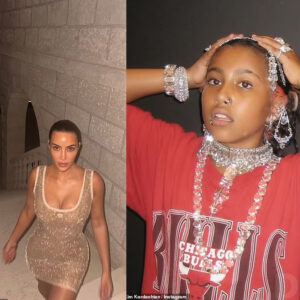When Rihanna, the global music icon known for her electrifying performances and unparalleled stage presence, was reported to have given a “boring” and “lackluster” performance at an Indian billionaire’s wedding, it certainly raised eyebrows. The event, characterized by its opulence, reportedly came with a staggering $6.3 million price tag for the singer’s performance alone. This narrative sets a scene where expectations were sky-high, not only due to the financial figures involved but also because of Rihanna’s esteemed reputation in the entertainment industry.
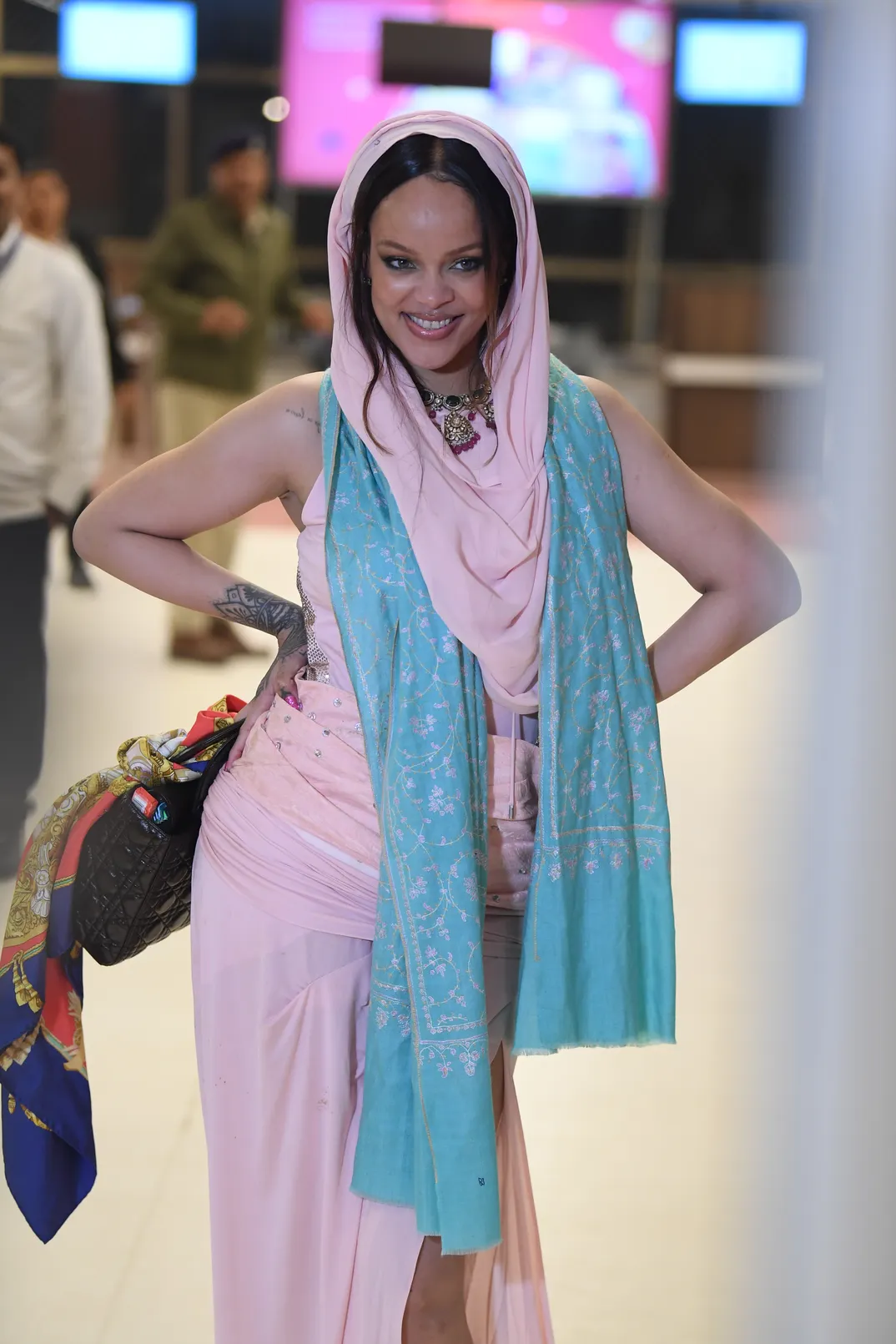
Rihanna’s involvement in such a lavish event is indicative of the trend among the world’s elite to secure top-tier entertainment for their private gatherings, signifying not just a celebration but a statement of status and influence. However, the reaction to Rihanna’s performance in this context is noteworthy for several reasons. Firstly, it highlights the immense expectations placed on artists of her caliber, where every performance is scrutinized, especially when tied to a high-profile and expensive event.
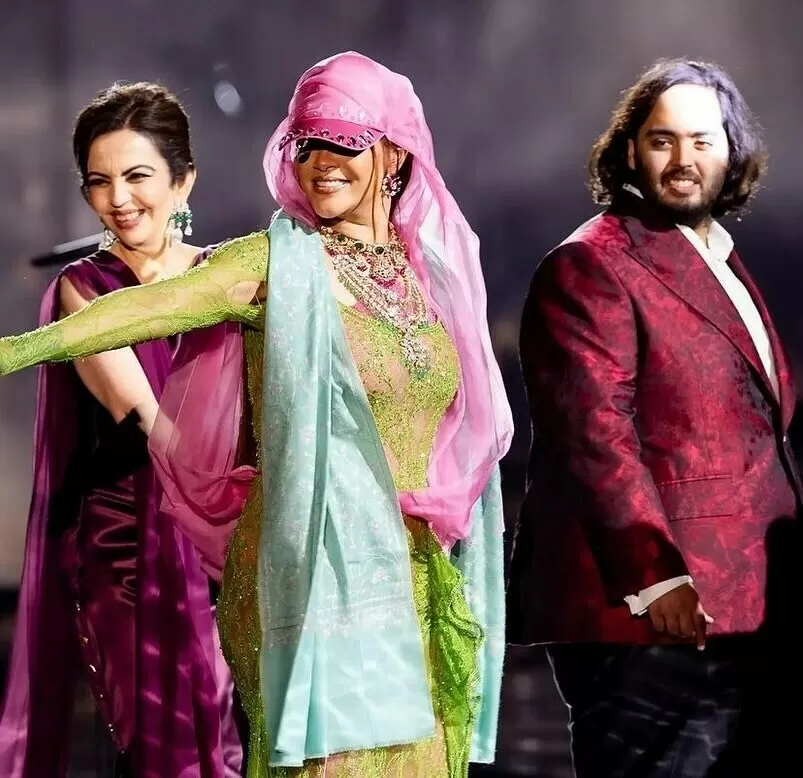
Criticism of her performance as “boring” and “lackluster” ignites a discussion on the subjective nature of entertainment and the pressures faced by artists to consistently exceed expectations. In the case of Rihanna, a star who has consistently reinvented herself and broken boundaries across music, fashion, and business, the critique seems especially pronounced given her history of dynamic performances.
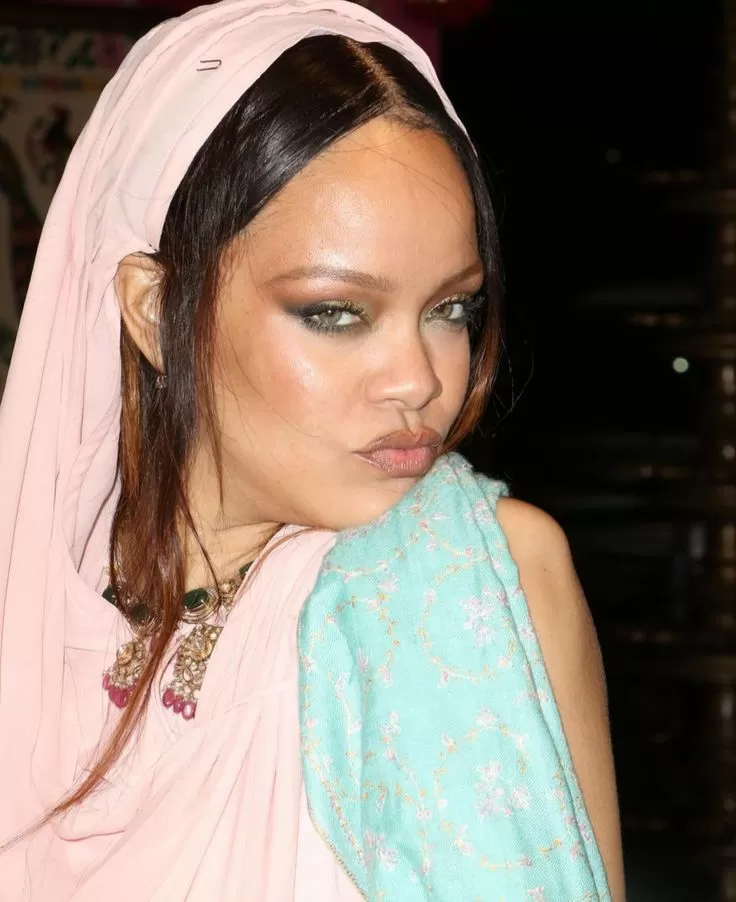
The reported dissatisfaction also sheds light on the complexities of performing at private events versus public concerts. The intimate setting, coupled with the unique dynamics of a private audience, poses a different set of challenges and expectations for artists. Such performances are often more personalized and can starkly contrast with the energy of a concert attended by thousands of fans. This discrepancy might contribute to perceptions of a performance being less engaging, regardless of the artist’s fame or the quality of their delivery.
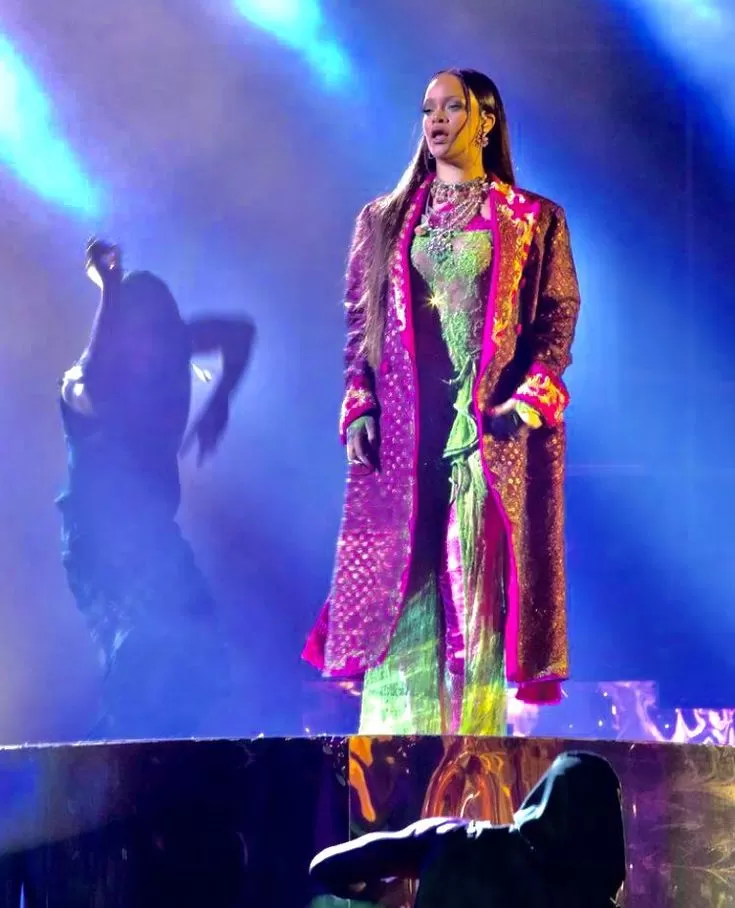
Furthermore, the hefty sum of $6.3 million being paid for the performance adds another layer to the discussion, intertwining notions of monetary value with artistic worth and audience satisfaction. In an era where the commercial aspects of the music industry are more transparent than ever, the financial details of such engagements invite public scrutiny regarding what constitutes value in live performances.

In response to the criticism, there hasn’t been an official statement from Rihanna or her team at the time of this discussion. The discourse around her performance at the wedding serves as a reminder of the ever-present scrutiny faced by celebrities and the complex interplay between artistry, audience expectations, and the spectacle of high-profile events. It underscores the fact that in the realm of live performances, perception is deeply personal and can be influenced by a myriad of factors beyond the artist’s control.
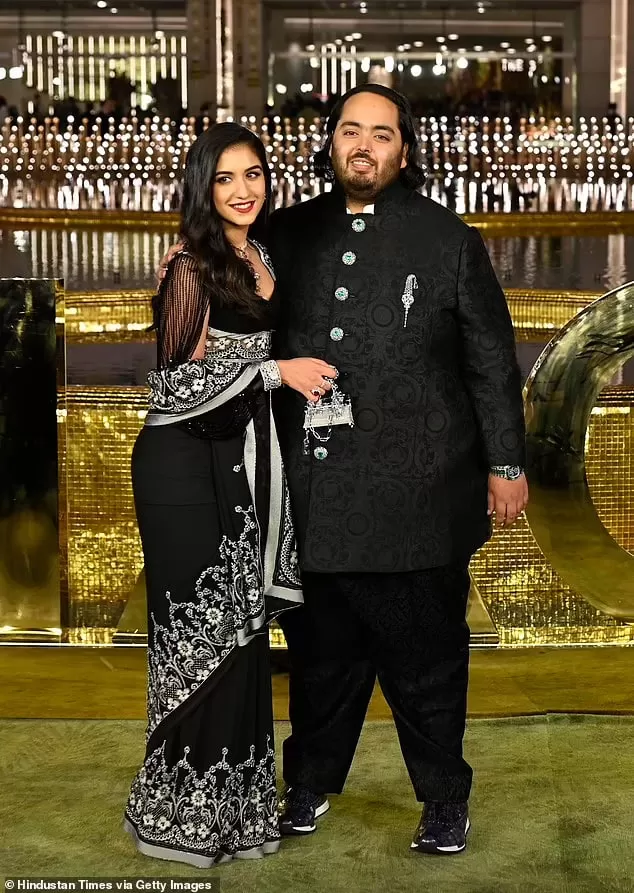
Relative Articles
None found
